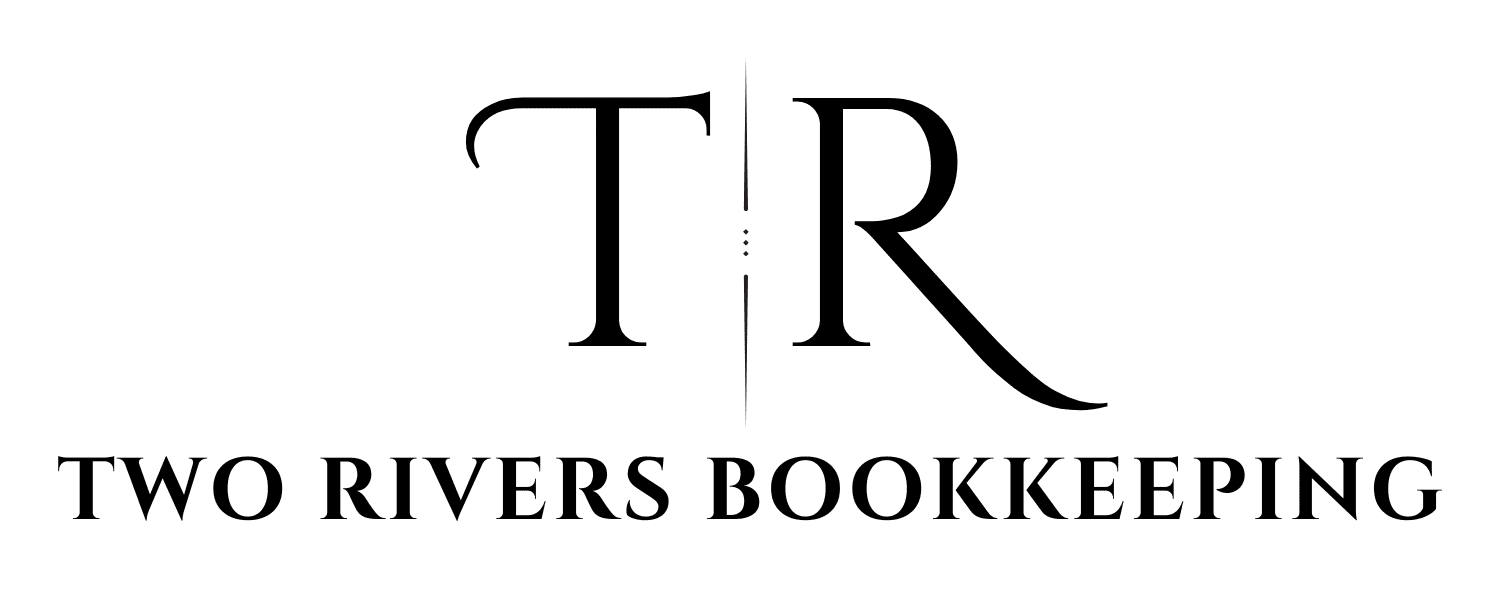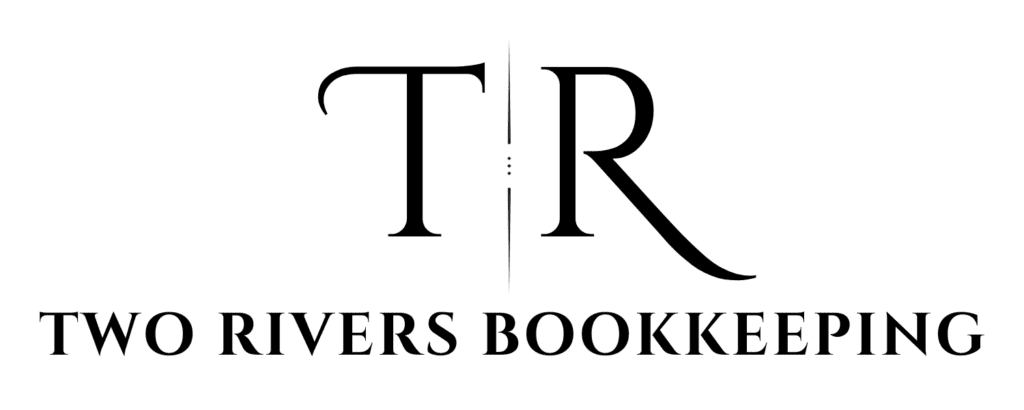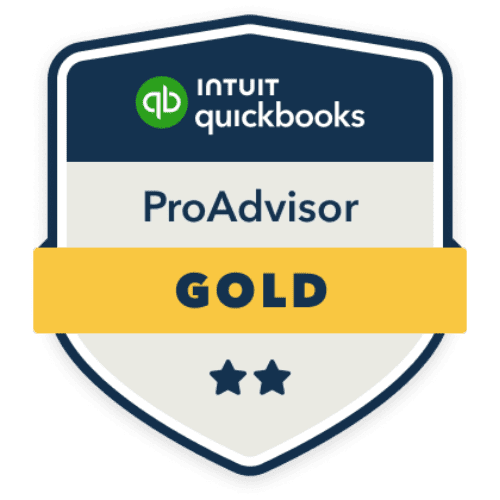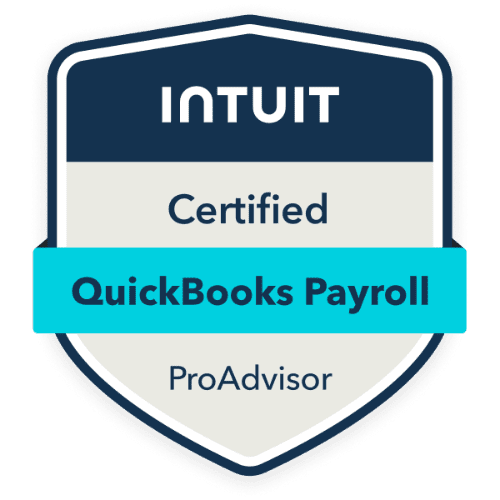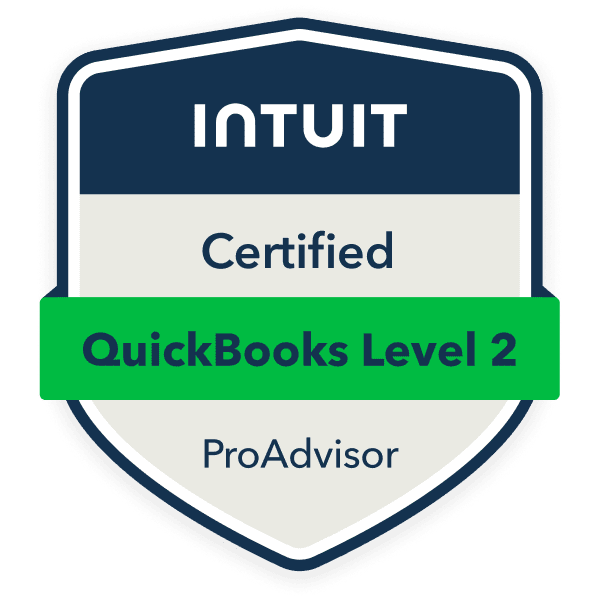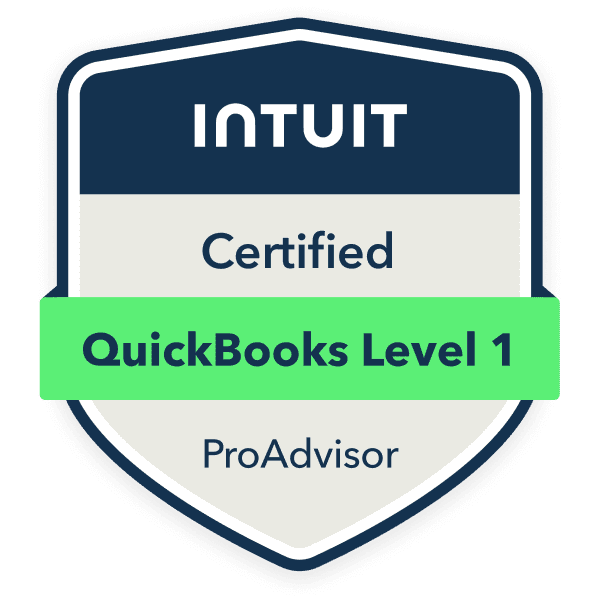Professional Bookkeeping for Churches and Faith-based Organizations
Expert Religious Organization Financial Services
If you’re feeling overwhelmed by your church’s financial management, you’re in good company. Many dedicated ministry leaders find themselves spending more time on bookkeeping than on their calling – and that’s exactly why I’m here to help with specialized church bookkeeping services.
Ready to chat about how hiring a bookkeeper can streamline your financial management?
The Real Challenge: When Bookkeeping Takes Over Your Ministry
I understand the unique position you’re in. You answered a call to ministry and shepherd your congregation, not to wrestle with financial statements and the complexities of religious organization compliance. Yet here you are, probably reading this after another long day of trying to make sense of your church’s financial records.
Here’s what I see happening with many houses of worship: Pastors and ministry leaders are spending countless hours each week on financial transactions instead of focusing on ministry and congregation care. Board members and trustees are asking important questions about the church’s financial stewardship, but records are scattered and incomplete.
Grant opportunities and denominational funding are slipping by because you can’t quickly produce the accurate financial statements required. Meanwhile, you’re constantly worried about maintaining your tax-exempt status and meeting the financial transparency expectations of your congregation. The challenge isn’t that you’re not capable. Church accounting and religious organization bookkeeping requires specialized knowledge of Generally Accepted Accounting Principles (GAAP) and dedicated time that most ministry leaders simply don’t have.

Understanding What Makes Church Bookkeeping Different
Church bookkeeping involves carefully tracking and organizing your financial transactions using fund accounting principles specifically designed for religious organizations. This is completely different from regular business accounting and requires understanding the unique needs of houses of worship.
You need to manage restricted funds and unrestricted funds separately, track donor designations and memorial gifts, and maintain detailed financial records that demonstrate responsible stewardship to your congregation. Unlike for-profit businesses, churches and religious organizations must follow specific Financial Accounting Standards Board (FASB) guidelines while maintaining their 501(c)(3) tax exempt status.
The IRS and FASB have established guidelines through FASB 117 that require religious organizations to provide four essential financial statements: a statement of financial position, a statement of activities, a statement of cash flows, and a statement of functional expenses.
My bookkeeping services go beyond basic transaction recording. I manage multiple funding sources, including tithes, offerings, special collections, and denominational support, properly categorize restricted funds and unrestricted funds, maintain comprehensive donor and member records, and prepare accurate financial statements.
Think of it as creating a clear, organized financial story that demonstrates to your congregation exactly how your church is stewarding their gifts while maintaining compliance with religious organization accounting best practices.

Cash vs. Accrual Accounting: Choosing the Right Method for Your Church
One of the first decisions you’ll need to make is choosing between cash basis accounting and accrual accounting methods. Both approaches will keep your church books balanced, but they each have distinct advantages depending on your congregation’s size and complexity.
The cash method tracks the actual inflows and outflows of cash. Income and expenses are recorded when they occur – when tithes are received or bills are paid. This system works similarly to personal finances and is straightforward to maintain for smaller churches. However, the cash method has limitations for growing churches. It cannot report non-monetary income like in-kind donations, and fails to provide insight into future financial obligations because it only focuses on current cash flows rather than outstanding pledges or commitments.
The accrual method focuses on when revenue was earned and when expenses were incurred, regardless of when cash changes hands. If your church receives a building fund pledge in November but doesn’t receive the payment until January, you would record the revenue in November when the pledge was made. The accrual method is the standard used in GAAP and is often required for larger churches or those receiving significant denominational funding. This approach provides the most complete picture of your church’s financial health and allows for tracking complex information like outstanding pledges, unpaid bills, and overall ministry effectiveness.

Why Your Church Desperately Needs Professional Bookkeeping
Let me share what I’ve learned from helping churches and religious organizations like yours. The challenges you’re facing are incredibly common, and they’re absolutely solvable with proper professional support through specialized church accounting services.

The Compliance and Stewardship Challenge
Maintaining your 501(c)(3) tax exempt status requires careful attention to religious organization accounting best practices and federal and state tax requirements. Without proper financial records, churches risk compliance issues that could jeopardize their ability to receive tax-deductible donations and grants.
I’ve witnessed the stress this uncertainty creates for ministry leaders. Professional church bookkeeping provides the foundation needed to maintain compliance with regulatory standards while demonstrating faithful stewardship to your congregation and denominational leadership.

The Ministry Time Crisis
Your calling and expertise lie in ministry work, not in navigating complex accounting processes like bank reconciliations, managing accounts payable and accounts receivable, or handling building fund accounting. When ministry staff spend hours each week on these bookkeeping tasks, it steals valuable time from pastoral care and program development.
Pastors and ministry leaders often find themselves working late nights trying to reconcile bank accounts or prepare financial reports for board meetings. This isn’t sustainable, and it’s definitely not the best use of your ministry gifts and calling.

The Fund Accounting Complexity
Proper church fund accounting requires specialized knowledge of how to track temporarily restricted funds and permanently restricted funds according to donor designations and memorial gift specifications. Many churches struggle with maintaining the detailed records needed to demonstrate compliance with donor intent and denominational requirements.
Without proper fund accounting systems, you risk mixing restricted and unrestricted funds, which can lead to serious compliance issues and damage congregation trust. My church bookkeeping ensures every gift is tracked according to the donor’s intended purpose.

let’s chat
Would you like to discuss how hiring a bookkeeper can support your religious organization’s mission?
Schedule a free consultation call!

How My Professional Church Bookkeeping Transforms Your Ministry
I enjoy helping churches and religious organizations move from financial chaos to financial confidence. Here’s how my specialized bookkeeping services make a real difference for houses of worship like yours.

Eliminating Compliance Stress and Building Trust
Your current reality involves constant worry about maintaining your tax exempt status and meeting stewardship expectations. I implement proven religious organization accounting best practices that ensure your financial records meet all GAAP compliance standards and denominational requirements.
You’ll have organized, audit-ready books that give you complete confidence in your regulatory standing and demonstrate faithful stewardship to your congregation. This includes proper handling of tithes and offerings, accurate tracking of memorial gifts and special collections, and comprehensive financial data organization.

Implementing Financial Stewardship
My church bookkeeping services include establishing proper internal controls like offering counting procedures, segregation of duties for financial handling, and systematic approaches to recording church assets.
These controls protect your church from financial irregularities while ensuring accurate financial reporting that honors principles of stewardship. Professional financial management also improves your credibility with denominational leadership, lenders, and potential major donors.

Freeing Ministry Staff
Ministry staff spending countless hours on financial tasks instead of pastoral work is a problem I can solve. I handle all the day-to-day church bookkeeping – from recording tithes and offerings to managing complex fund accounting requirements and maintaining detailed financial records.
Your ministry team can redirect their energy toward the work they’re called to do. This transformation often results in improved pastoral care, enhanced ministry programs, and stronger congregation engagement.

Opening Doors to Ministry Funding
Struggling to complete grant applications or denominational funding requests due to disorganized financial information severely limits your ministry’s growth potential. I provide grant-ready financial statements including statement of financial position, detailed ministry expense reports, and comprehensive cash flow statements.
With professional financial records maintained in QuickBooks Online, you can pursue funding opportunities with complete confidence. Clean financial data makes applications faster to complete and significantly more likely to succeed.
My Comprehensive Church Bookkeeping Services
I specialize in church accounting and religious organization bookkeeping using QuickBooks Online, and I’m a certified QuickBooks ProAdvisor. Here’s exactly how I support houses of worship like yours.
Complete Monthly Church Bookkeeping

I handle every aspect of your monthly financial management using QuickBooks Online configured specifically for religious organizations. This includes:
Expert Church Fund Accounting and Organization

Proper church fund accounting requires specialized knowledge of temporarily restricted funds and permanently restricted funds management. I implement QuickBooks Online systems that track these funds according to donor designations, memorial gift specifications, and denominational requirements while maintaining compliance with FASB 117 guidelines.
I monitor all funding sources (including denominational grants), organize ministry expenses by program and administrative categories, and ensure complete separation of church and personal finances. This specialized approach protects your church’s financial integrity and congregation trust.
Professional Financial Statements and Ministry Reporting

Each month, you’ll receive comprehensive financial reports including a statement of financial position and detailed income statements showing revenue and expense categories by ministry function. These reports are generated directly from your QuickBooks Online system and formatted for church leadership understanding.
Cash flow statements track your church’s financial health over time, while board-ready reports are formatted for productive trustee and board meetings. Ministry budget reports help track spending against approved budgets and identify opportunities for enhanced stewardship.
All financial statements are prepared following GAAP standards and include proper classification of net assets, detailed functional expense reporting showing ministry versus administrative costs, and clear presentation of cash flows from operating, investing, and financing activities.nts track your organization’s financial health over time, while board-ready reports are formatted for productive board meetings. These reports provide the financial transparency needed for effective governance and stakeholder communication.
QuickBooks Online Setup and Configuration for Churches

I help you establish the right foundation for long-term financial success by configuring QuickBooks Online specifically for religious organizations. This includes setting up a proper chart of accounts following church accounting best practices and denominational requirements.
The system setup includes establishing automated bank feeds, creating templates for recurring transactions like utilities and staff compensation, and implementing proper internal controls for offering management and expense tracking. I ensure your QuickBooks Online system handles the complexities of church fund accounting and donor designation tracking.
I create automated processes for efficient financial data management and provide training so your ministry team understands the system. The goal is to create sustainable processes that support your church’s growth while maintaining accurate financial stewardship.
Church Donor Database Creation and Management

One of the most valuable aspects of my church bookkeeping services is creating and maintaining a comprehensive donor database within QuickBooks Online. This system goes far beyond basic donation tracking to provide powerful insights that support your stewardship ministry and congregation care.
I set up detailed member and donor profiles that track giving history, preferred communication methods, memorial gift designations, and giving patterns – all within QuickBooks Online. Each record includes complete contact information, donation frequency, and special notes about their connection to specific ministries or building projects.
Monthly giving reports help you identify faithful stewards, track giving trends that inform budget planning, and recognize opportunities for pastoral care related to significant life changes reflected in giving patterns. You’ll have clear visibility into which members might benefit from stewardship counseling and which donors may need special recognition for their faithful support.
How We’ll Work Together
I believe the best results come from genuine partnership. Here’s exactly how I work with churches and religious organizations to create lasting financial stability while ensuring compliance with all regulatory requirements.
Getting Started: Understanding Your Ministry
We begin with a thorough assessment of your current financial records, church processes, and specific ministry challenges. This includes reviewing your existing accounting method, evaluating your fund accounting needs, and identifying opportunities for improved financial stewardship. Leaders of faith-based organizations often find that this initial conversation provides immediate clarity about their financial situation and relief about the path forward. We’ll discuss your current systems, review your financial reporting needs, and identify the most pressing issues affecting your operations.
Building Your Foundation
Using QuickBooks Online configured specifically for religious organizations, I establish proper fund accounting structures and organize your existing financial information. This phase can feel transformative as scattered financial data becomes a comprehensive ministry management system. We’ll set up proper tracking for all revenue sources, establish clear processes for expense management and ministry budgeting, create templates for ongoing financial reporting, and implement controls for building fund and memorial gift management.
Monthly Partnership
Each month, I handle all your church bookkeeping requirements while keeping you informed about your congregation’s financial health and stewardship patterns. You’ll receive clear, actionable financial statements and reports that support wise ministry decisions and effective communication with your congregation. Regular communication ensures you always understand your church’s financial position and can plan effectively for ministry growth, building projects, and seasonal giving patterns while maintaining faithful stewardship of every gift.

Ready to Transform Your Church’s Financial Management?
If you’re ready to move from financial stress to faithful stewardship confidence, I’d love to learn more about your church and how I can help. I invite you to schedule a free consultation where we can discuss your specific challenges and explore how my services can support your ministry more effectively.
I provide virtual bookkeeping services for houses of worship throughout Wisconsin and across the United States, specializing in fund accounting, stewardship reporting, and compliance support using QuickBooks Online. My goal is to handle your financial management so you can focus on ministry and shepherding your congregation.
A Note About My Services: I specialize in professional church bookkeeping and religious organization accounting using QuickBooks Online. I do not provide tax preparation, pastoral counseling, or denominational advisory services.


